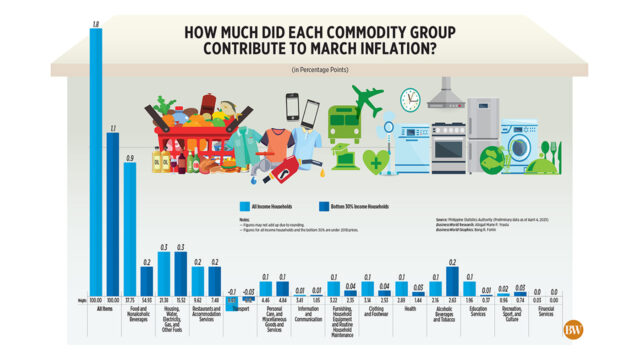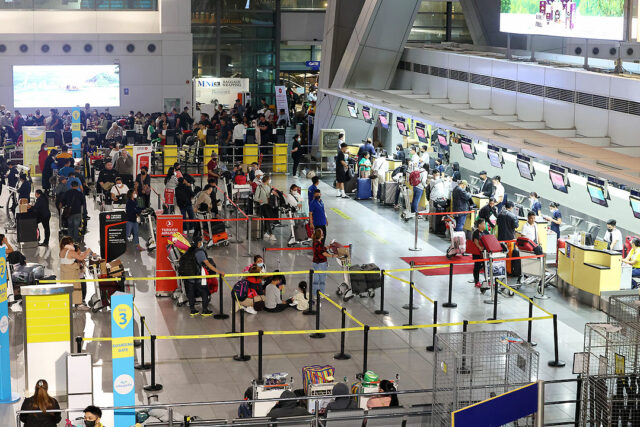Ryan Gosling, Halle Berry and more pitch Amazon’s deep dive into movies
 LAS VEGAS — Ryan Gosling, Chris Hemsworth, Halle Berry and other Hollywood stars turned on the charm in Las Vegas last Wednesday to showcase Amazon.com’s expanded push into the movie business.
LAS VEGAS — Ryan Gosling, Chris Hemsworth, Halle Berry and other Hollywood stars turned on the charm in Las Vegas last Wednesday to showcase Amazon.com’s expanded push into the movie business.
Gosling appeared at the annual CinemaCon convention of theater owners after the debut of a trailer for his coming science fiction epic Project Hail Mary, based on a popular novel by Andy Weir.
In the film, Mr. Gosling portrays a teacher-turned-astronaut who embarks on a long-shot mission to save the planet and meets an alien named Rocky.
“This is why we go to the movies,” Mr. Gosling said.
“I’m not just saying that because I’m in it, but also because I’m a producer on the film,” he said to laughter. “And it’s also true.”
Project Hail Mary is set for release next March as Amazon picks up the pace of movie releases.
The online retailer, which also operates the Prime Video streaming service, has released a handful of films in cinemas each year over the past decade. The company now promises to increase that to at least 15 annually by 2027. It has already scheduled 14 releases for 2026.
Amazon bought the MGM studio and its vast movie library in 2022. Wednesday’s presentation was Amazon’s first at CinemaCon.
“We are committed to doing this for the long term,” said Mike Hopkins, head of Prime Video and Amazon MGM Studios. “When Amazon commits to something, we tend to do it big.”
Theater owners welcomed Amazon to their annual gathering, hoping the company will fill a void left when Walt Disney subsumed the Fox movie studio in 2019. Box office returns in the United States and Canada remain below pre-pandemic levels.
During Amazon’s pitch, Chris Pratt joked with the audience from a chair used as a prop in the movie Mercy, the story of a murder suspect trying to prove his innocence. Andrew Garfield and Ayo Edebiri touted After the Hunt, a thriller about a scandal on a college campus. Hemsworth and Halle Berry teased their heist movie Crime 101.
Ben Affleck took the stage to promote The Accountant 2, correcting director Gavin O’Connor when he said the original film made its debut nine years ago.
“It’s been eight years, five months, two weeks, five days, and 10 hours,” Mr. Affleck said, reflecting his character’s precision.
O’Connor praised Amazon for its pledge to send movies first to theaters rather than straight to streaming.
“The streamers now are the gatekeepers,” Mr. O’Connor said in an interview with Reuters. “If they are not putting movies out in theaters, this stuff can go away — no joke.
“They have to keep the flame going,” he added.
Amazon recently took creative control of the James Bond franchise. The company did not provide any clues about who it will cast to play the famous British spy.
“We are committed to honoring the legacy of this iconic character while bringing a fresh, exhilarating new chapter to audiences around the world,” said Courtenay Valenti, Amazon MGM’s head of film. — Reuters















